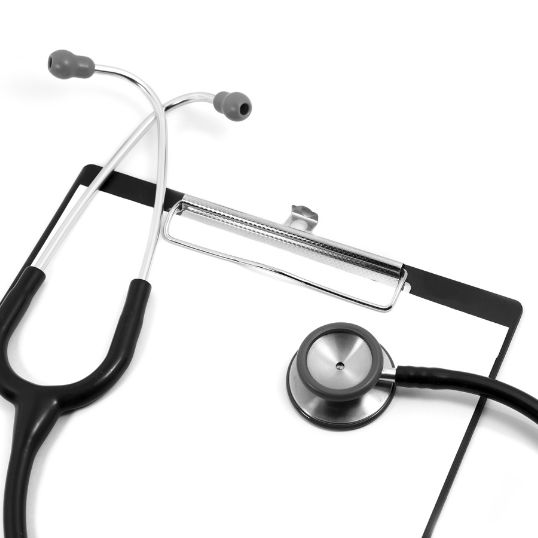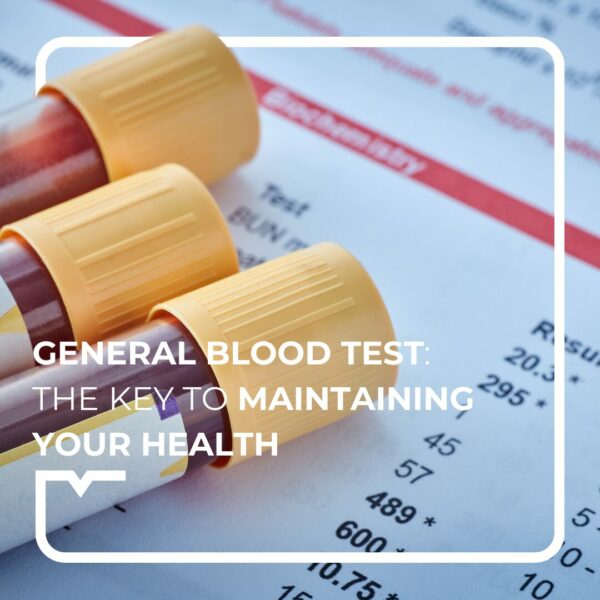Ejaculation problems: Regain confidence and pleasure
In this article, discover the causes, types and treatments of ejaculation disorders to improve your sexual health and well-being.
Read more

Cardiology is the medical discipline specialized in studying, diagnosing, and treating disorders of the heart and cardiovascular system. The cardiologist plays a crucial role in preventing and treating heart diseases such as cardiac arrhythmia, heart failure, myocardial infarction, arterial hypertension, and other cardiovascular diseases.
The heart doctor uses tools such as the echocardiogram, electrocardiogram and holter to assess the structure and function of the heart or to detect any abnormalities.
Cardiology involves close collaboration with other healthcare professionals to prevent and ensure overall well-being.
Monitoring and treatment of a preexisting heart condition
Heart health check-up
Evaluation of concerning symptoms (chest pains, palpitations)
Post-cardiac intervention follow-up
Advice and prevention particularly when risk factors are present
INFORMATION: The cardiologist interviews the patient to find out the reason for the consultation, personal, medical, and family history, occupational and daily activities, and lifestyle habits.
INVESTIGATIONS: The cardiologist will carry out an ECG or electrocardiogram unless you have one that is less than 4 months old. The ECG is an ultrasound imaging technique used to assess the structure and function of the heart.
PHYSICAL EXAMINATION: Blood pressure measurement, pulse assessment, listening to the heart rhythm, and checking for any potential swelling (oedema).
DIAGNOSIS AND TREATMENT: The physician shares the diagnosis with the patient. He may prescribe treatment or additional tests (X-rays, lab analyses). Regular follow-up is sometimes necessary.
Book an appointment

In this article, discover the causes, types and treatments of ejaculation disorders to improve your sexual health and well-being.
Read more

A complete medical check-up: much more than just a routine check-up, this is a key stage in detecting, preventing and preserving your health over the long term.
Read more

Testimonial: How therapist Claire Colson helped me overcome anxiety and depression.
Read more